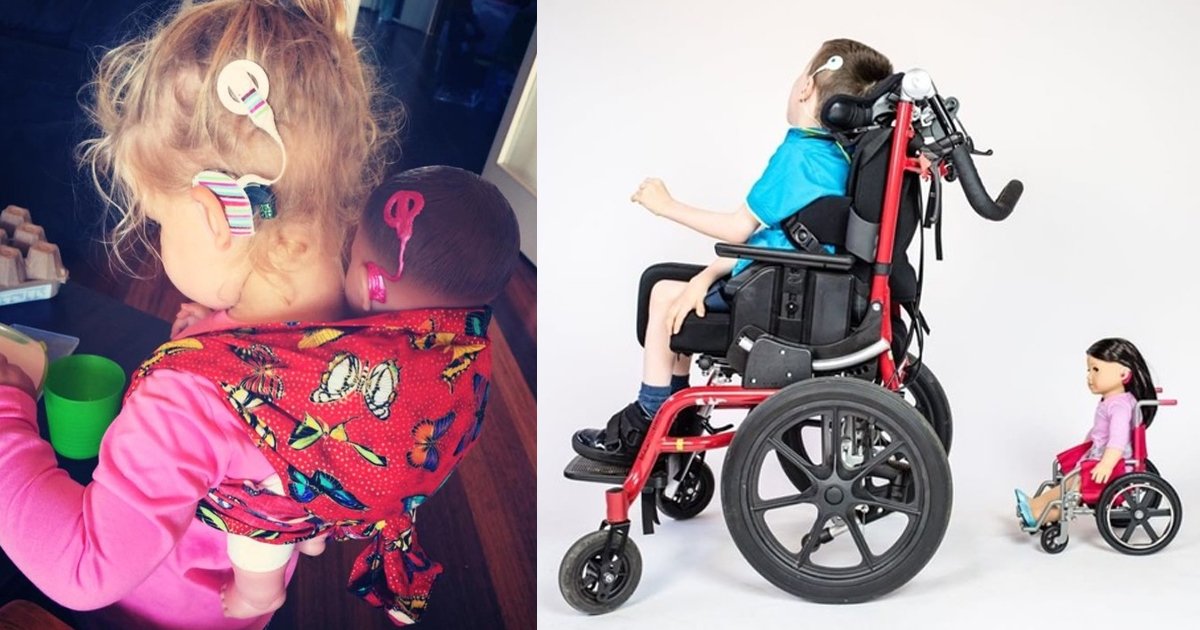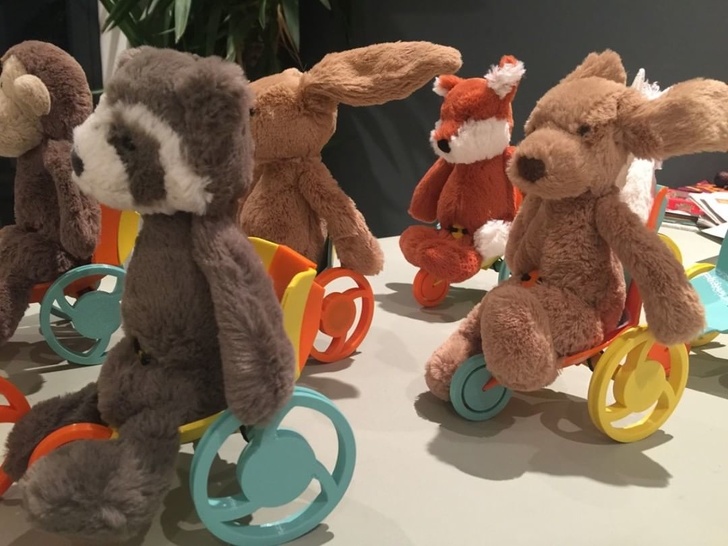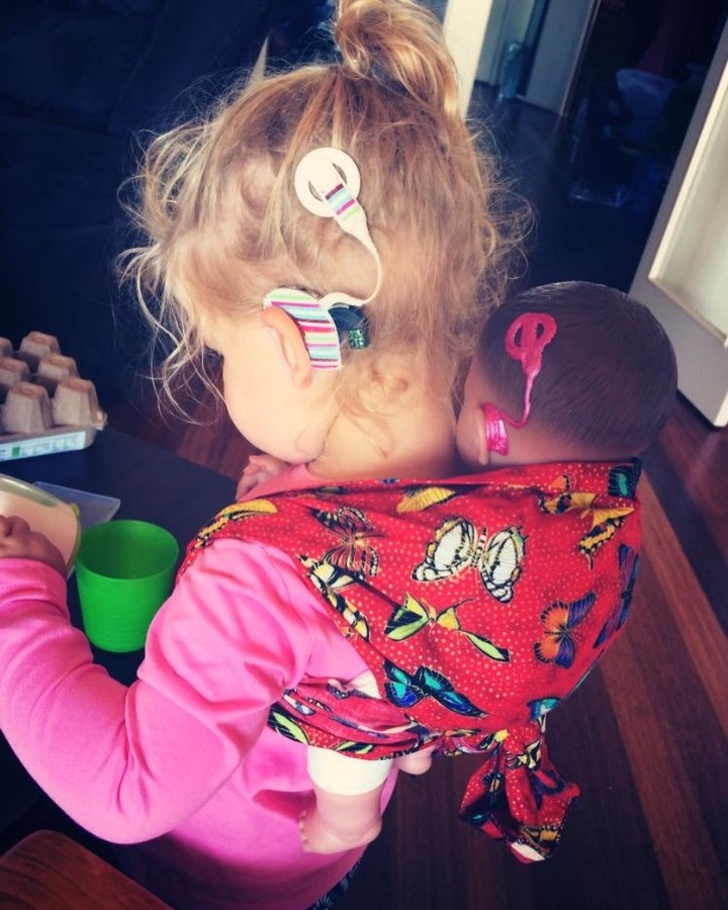Children with disabilities have long been pushed out of mainstream cultures, such as movies, toys, and storybooks.
Fortunately, organizations such as toylikeme.org have launched a movement to produce toys that are more related to children with disabilities.
We show the world with these toys that disabled children are a normal part of human existence, and they are no less than anyone.
At Small Joys, we support this campaign and all it advocates for, and we hope more companies can follow their footsteps.
An initiative to address the lack of different toys in April 2015, UK journalist Rebecca Atkinson, along with other parents of disabled children was launched the # ToyLikeMe to which children with disabilities can connect.
A Facebook page to share suggestions and pictures about what toys would look like for children with disabilities was created.
Although the initiative attracted a lot of publicity, these parents were unable to rest until their proposals were true.
Thankfully, only two weeks after the campaign began, the campaign’s perpetrators approached a UK company developing toys through 3D printing, and the company decided to create a new line of dolls.
That’s when the first handicapped toys were made.
There are about 150 million disabled children, and while the toy industry is worth more than $2.9 billion, it has failed to create toys that are more important to them.
That’s it until recently. Many toy manufacturers have responded to this call thanks to this initiative that took the internet by a storm and made toys designed for children with disabilities.
Soon after, the # ToyLikeMe movement finally reached big manufacturers like Lego on Facebook and Twitter, and now there is a whole range of handicapped toys released worldwide.
Lego launched their first wheelchair-using mini-figure in 2016, followed in their footprints by many other big toy producers. While there is a wide range of disabled dolls, including hearing impairment models, canes, and birthmarks.
# ToyLikeMe’s mission is to continue to influence the global toy industry, spread awareness through school workshops and public exhibits, and hopefully make children with disabilities feel accepted and respected around the world.
Would you agree with the idea behind the campaign # ToyLikeMe? Would you think that a similar approach should be adopted by more toy manufacturers? In the comment section, share your thoughts.
Recommended video!
“Parents Arrested for Child Neglect After Toddler Found Wandering by Busy Highway”
[rumble video_id=v58l2f domain_id=u7nb2]








